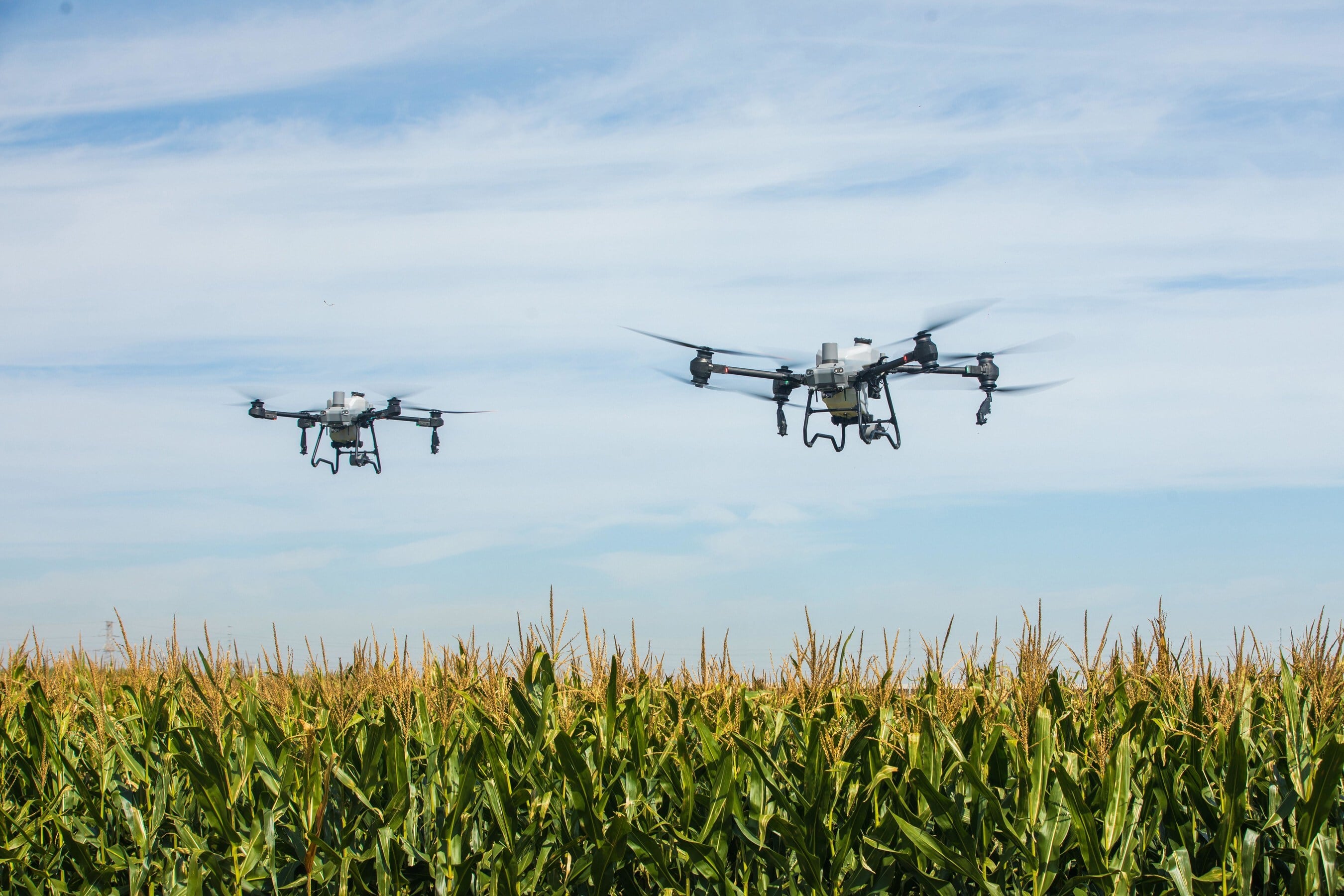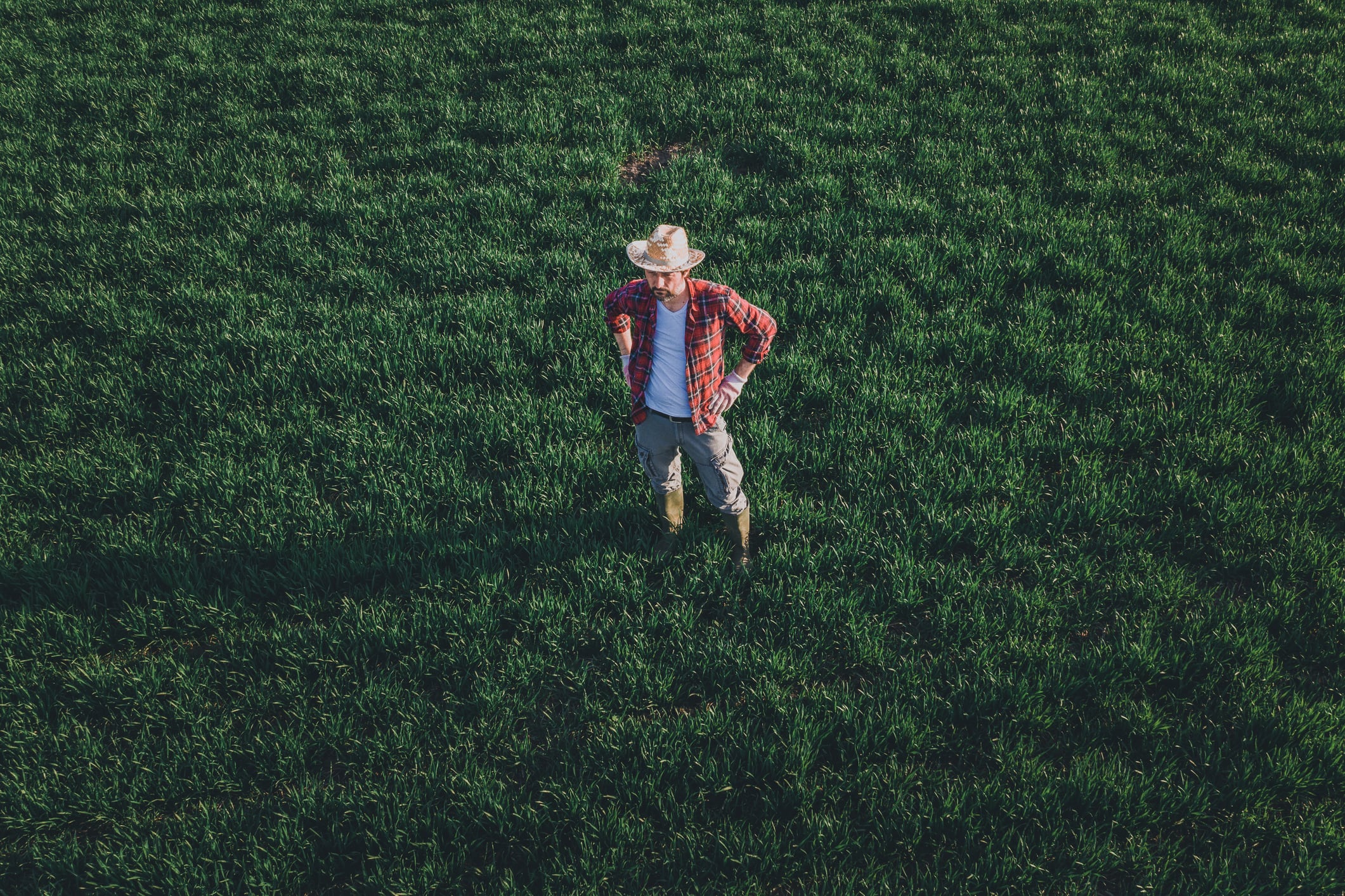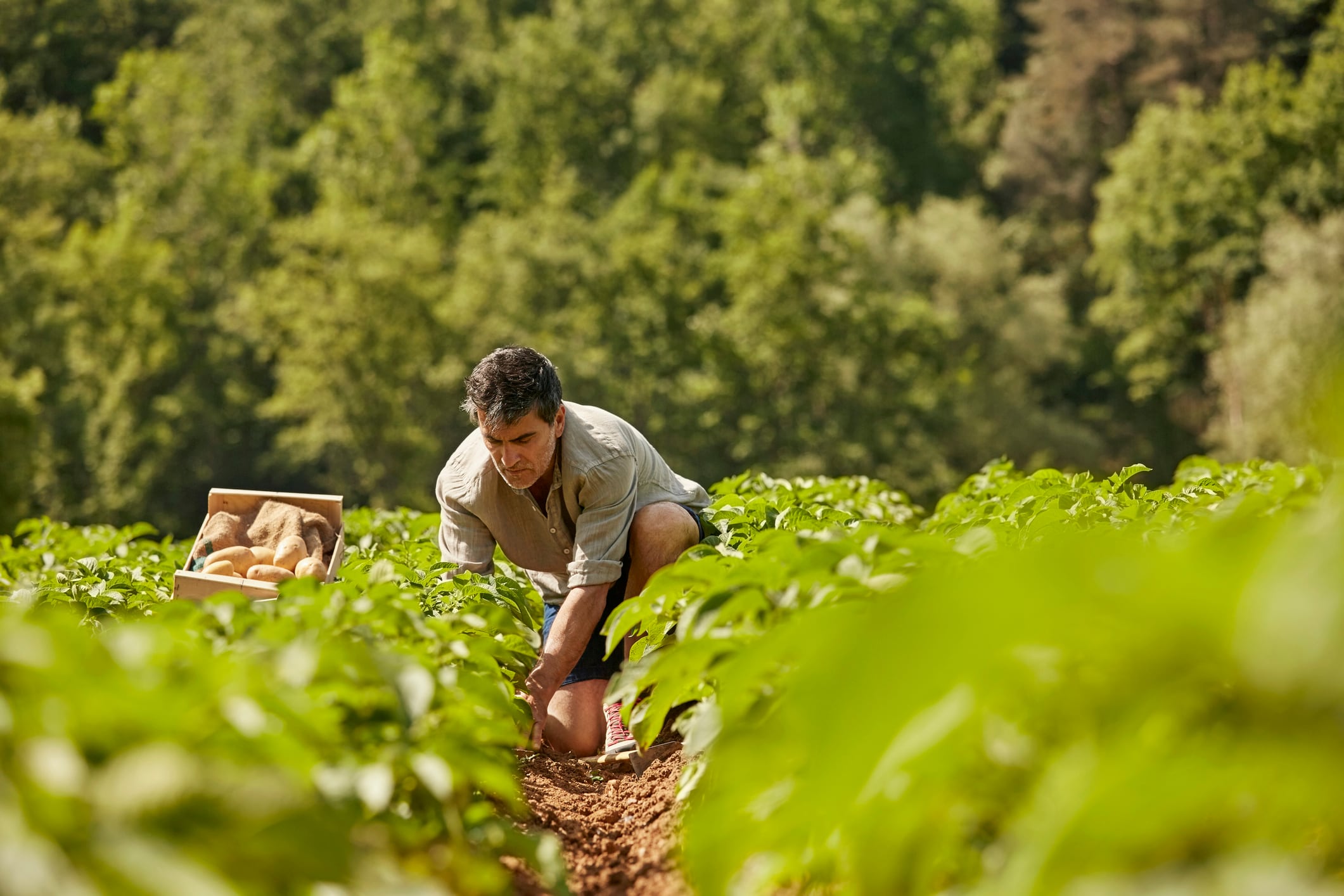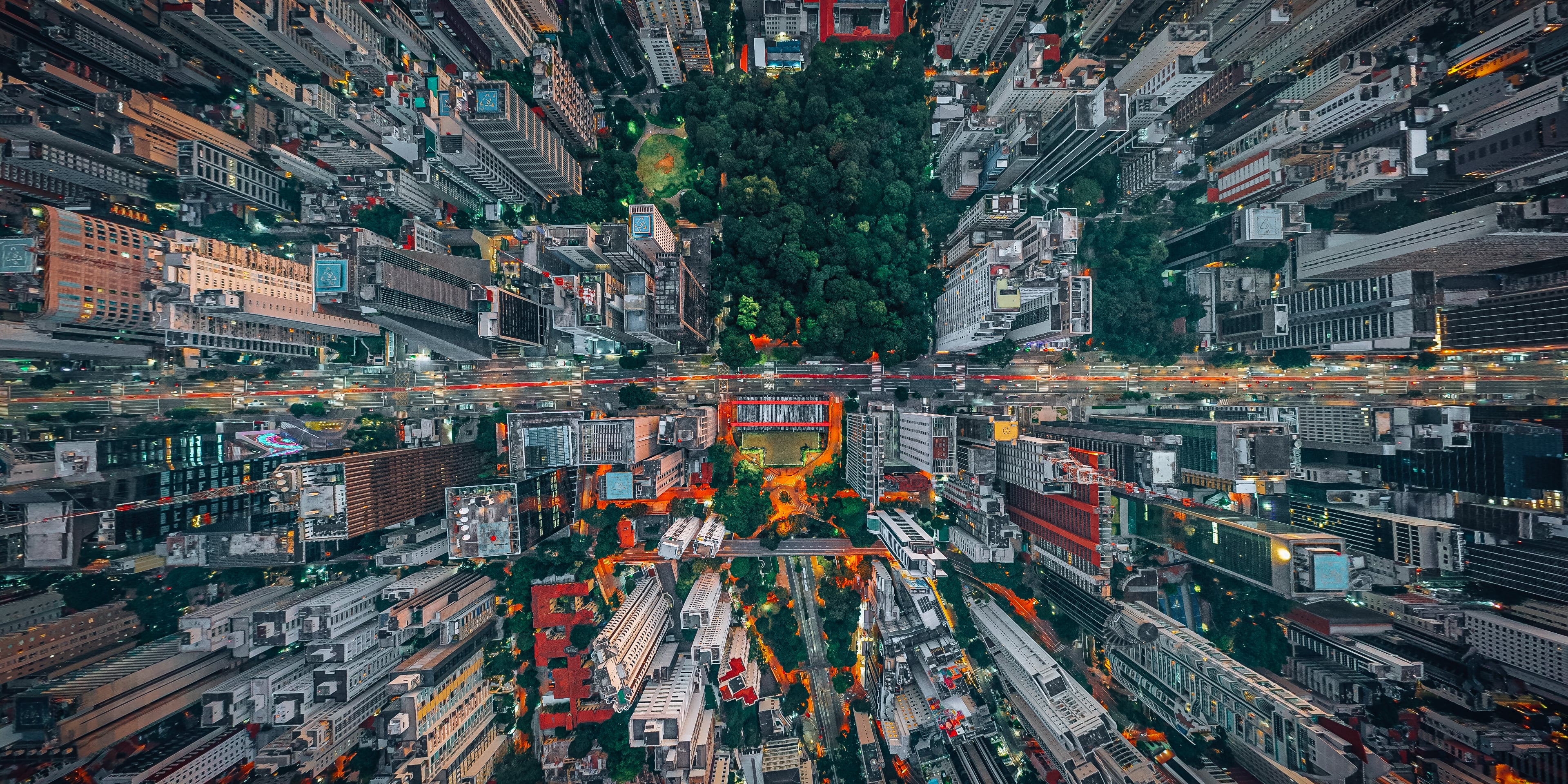The fourth annual Agricultural Drone Industry Insight Report illustrated a maturing sector that was “poised for the next phase of growth”.
This was largely because of newer drone-friendly policies, the report said.
“The years 2024 to 2025 mark a period where the global application of agricultural drones is continually deepening. Some countries are transitioning from limited testing to formal application, while others are expanding from single-crop applications to a broad application across various crops.
“This progress is inseparable from the different open policies formulated by countries based on their own national conditions. Regardless of the specific regulation and implementation methods of these policies, the ultimate beneficiaries are the local farmers. The optimisation of the policy environment accelerates the development pace of this industry and guides it towards a more standardised and orderly direction in different countries.”
Policies got drone-friendly
The report highlighted the US Federal Aviation Administration (FAA) policy updates in 2024.
For instance, the FAA expanded the use of drones in agriculture with a list of exempted models for agriculture use that was updated thrice in 2024.
The latest list, which exempted a number of DJI drone models that were above 25kgs, including its popular T50 and T25 models.
The FAA also allowed simultaneous operation of multiple agricultural drones, allowing a single pilot to control up to three aircraft.
“This initiative opens up more technical development opportunities for future agricultural drone operations. Additionally, the approved weight limit for agricultural drones has also increased,” the report said.
The report highlighted that it had observed a significant increase in drone use across in a number of European Union (EU) members.
Under the European Union (EU), agricultural drone use is not prohibited if safety requirements are met.
Spain’s State Aviation Safety Agency (AESA) has helped lower barrier by introducing a digital platform to streamline the approval of Pre-Defined Risk Assessment (PDRA), aligning with EU efforts.
The EU currently has a number of research projects going on to study drone use for spraying and other uses in agriculture.
This included Horizon Europe projects ICAERUS, SPADE, and CHAMELEON.
In China, the Interim Regulations on the Management of Unmanned Aircraft System officially came into effect on January 1, 2024.
This made the operation of agricultural drones more standardised, with pilots obtaining certifications directly from the manufacturers.
In 2024, DJI’s T50, T25, T40, and T20P models received official airworthiness certificates issued by the civil aviation authority.
In Australia, the Civil Aviation Safety Authority (CASA), also streamlined drone regulations in 2024 which covered registration, safe use, and compliance with local spraying laws.
In fact, farmers do not need CASA authorisation or permits to operate a drone on their lands, provided they follow safety guidelines and local laws on aerial spraying.
Drone support from international organisations
International organisations such as Organisation for Economic Cooperation and Development (OECD) and International Organisation for Standardisation (ISO).
In 2024, the OECD released Guiding principles, processes, and criteria for the work of the OECD Drone/UASS Subgroup of the Working Party on Pesticides to accelerate the advancement of agricultural drone applications.
This year, the ISO published ISO 23117-2, which established field measurement methods for spray deposition of agricultural drones to assess swath width and reduce environmental risks.
DJI agriculture growth
With more supportive policies globally, DJI Agriculture estimated that 400,000 of its agricultural drones have been used worldwide.
This was an increase of 90% since 2020.
It believes it has delivered significant environmental benefits, saving approximately 222 million tons of water and reduced 30.87 tons of carbon emissions.
“Agricultural drones have become essential farm equipment around the world,” said Yuan Zhang, head of global sales at DJI Agriculture.
“As the industry continues to mature globally, DJI Agriculture remains steadfast in our mission to help farmers improve efficiency and sustainably increase their yields through innovative drone technology.”
US concerns about Chinese drones
AgTechNavigator reported in February that the US authorities’ security concerns on Chinese-made drones, include those from DJI.
Worries about potential use of drones as surveillance, the American government has considered a ban or even significant restrictions on Chinese drones.
According to DJI, a ban could lead to the closure of 67% of American small drone businesses and the loss of over 450,000 jobs.
A DJI spokesperson said: “We hope policymakers will focus on facts and not allow baseless allegations and fears drive public policy decisions that would harm public safety and the US economy.”
American drone makers Guardian Ag and Hylio have also express concerns to this publication, claiming that Chinese-made drones could potentially collect and transmit sensitive data to China, allowing the nation to gain an economic advantage.
DJI disputed these claims to us, noting that its drones cannot be reprogrammed at the direction of any third party.
The company spokesperson also emphasised that it does not collect any data and DJI operators have complete control on how their data is collected and stored.
“Therefore, if you have not shared data with us, then it is impossible for us to give it to any government.”
DJI has been supported by a coalition that is against any moves to ban Chinese drones in the market, which would have significant impact on the industry.
The group, which included Agri Spray Drones, Bestway Ag, Drone Nerds, HSE-UAV, Pegasus Robotics, and Rantizo, aim to advocate for the interests of the agricultural industry in the use of spray drone technology.
HSE-UAV president Bryan Sanders said: “There has been no factual evidence suggesting that data collected by agricultural drones is being provided to the Chinese government. On the contrary, companies like DJI have proactively (and voluntarily) implemented geofence flight restrictions for restricted airspace, demonstrating a commitment to security, not espionage.”





